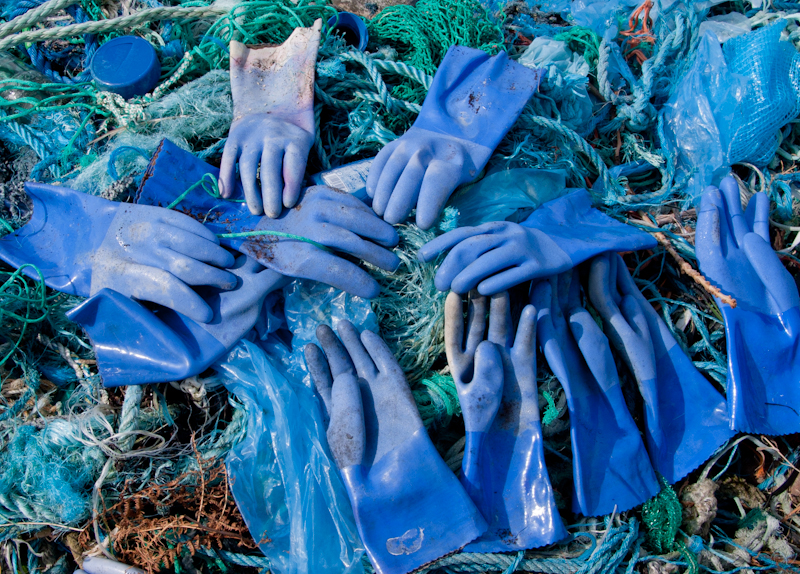ANGRY poetry: The legacy of the chemist
Written by John MacphersonI posted an Angry Poem some time back. An occasional thing I do when I get……..well……angry. No smiles in this post, and no profound thoughts. Just a bit of anger.
I wrote this one over ten years ago, and it’s never been seen until now.
I grew up by the sea, playing on the sea, and in the sea; catching salmon with my dad, and trout, mackerel, you name it we caught it and ate it. I actually ‘grew up’ by eating what the sea gave us.
And now I sea kayak. Its a magical sport. You float in a thin-hulled skinny craft that easily translates your paddle strokes into hot-knife-through-butter forward momentum. You can get into places other boats cant, and approach wildlife that is almost, but not quite, accepting of you. It’s a lovely way to travel and the load-carrying capacity means its easy to haul camping gear, cooking kit, whole truckles of cheddar and a reasonable number of bottles of malt (oh and cameras too of course).
And what this sort of travel introduces you to on Scotland’s west coast are numerous remote beaches, beautifully isolated, each one gifting you with a sense of discovery, some made of wave-pounded gravel others of white coral sand and little organic curiosities brought from the warm south on the Gulf Stream. But many are littered with something less entrancing, plastic rubbish: bottle caps, bottles, old combs, toys, syringes, lighters, bags, and uncountable other bits of junk.
After several years of kayaking I realized this is a massive environmental problem. On one beach I visited someone had gathered up all the red plastic and piled it in one place at the east end of the beach, and the blue & green plastic in another spot at the west end. What was bizarre was the number of gloves, red at one end, and blue at the other.
But there was something about so many ‘grasping hands’ that made me….well…slightly uneasy. They seemed rather portentous.
Something about the notion of our being damaged by our own hands……..

Plastic junk on scottish beach (as it was found). © John MacPherson
The sheer volume of such rubbish is a huge problem, and the action of pounding seas which creates sand also acts on plastic, grinding it finer and finer. It has invaded the food chain through ingestion by fish and is affecting numerous species: other fish, mammals and birds. And us.
And it made me angry. So I sat and pondered one coastal day as I stared across a mess of discarded nets, broken fish boxes, cigarette lighters, yoghurt pots, old toothbrushes, combs and bits of flapping polythene, and took in the scene around me, the noises of the birds and waves, the colours, the significance, and this was the result:
A Beach
And I’m still angry. Probably even more so having subsequently watched Rebecca Hosking’s film ‘Message in the Waves’ a few years back. And for those of you interested in this subject (and that’ll be ALL of you wont it?) you may wish to follow the current work on Midway island by filmmaker Chris Jordan and his team.
Oceans are special places, they unite each and every one of us, and they help to feed a huge proportion of the planet. We damage this environment at our peril. And sadly as both films show, this damage is already visible.
Thing is, the genie is out of the bottle, but what we didn’t expect is that it’s not the genie that’s our problem. It’s the bottle. Because it’s made of plastic.
